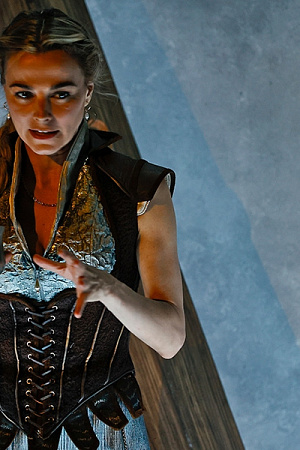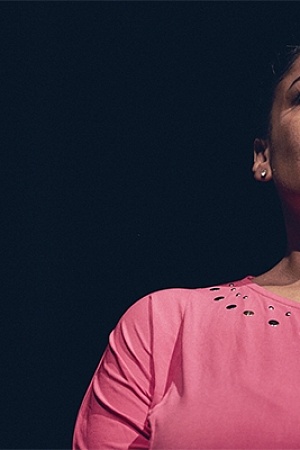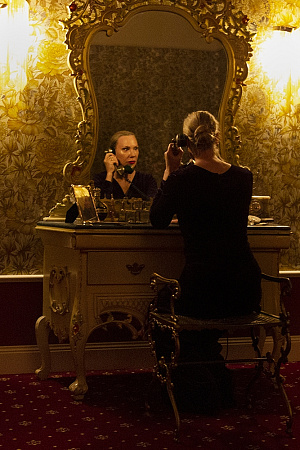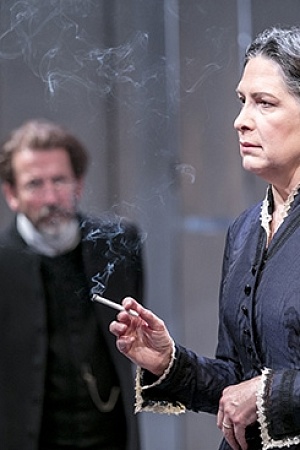Rebecca
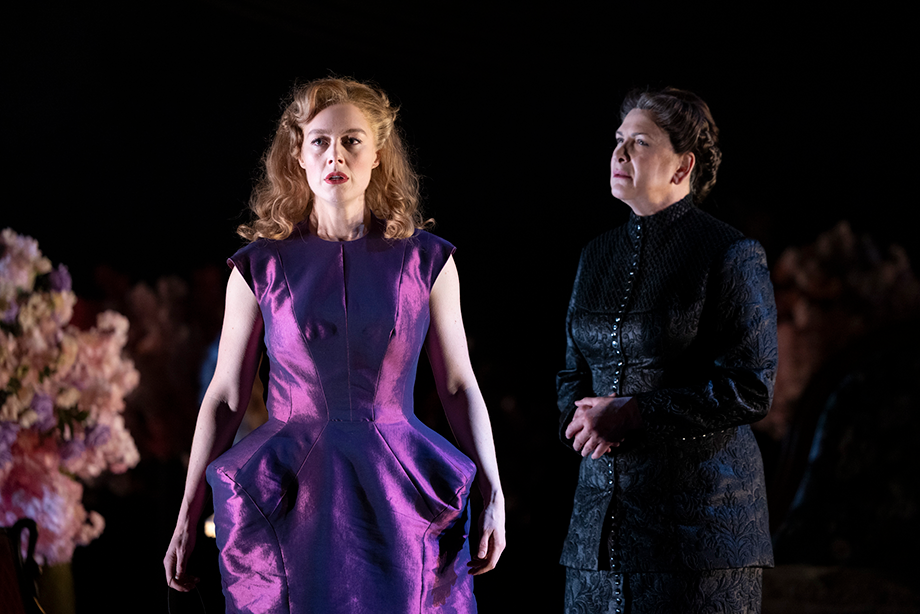
Daphne du Maurier’s novel Rebecca (1938) opens with one of the most iconic lines in literature (and, thanks to Alfred Hitchcock’s 1940 adaptation, one of the most iconic lines in cinema): ‘Last night I dreamed I went to Manderley again.’ Manderley, we learn, is the stately home of Maxim de Winter. Situated on the rugged Cornwall coast that dominates so many of du Maurier’s novels, Manderley – a character in itself – embodies the exquisite tension between wildness and constraint, terror and beauty, that defines Rebecca.
Du Maurier’s opening line is the prelude to a stark and foreboding account of this dream version of Manderley. The novel’s unnamed narrator, as she proceeds like a spirit through Manderley’s locked gates, remarks on how the Manderley of her dreams has changed from the Manderley where, once upon a time, she lived: ‘Nature had come into her own again and, little by little, in her stealthy, insidious way had encroached upon the drive with long tenacious fingers. The woods, always a menace even in the past, had triumphed in the end.’
Continue reading for only $10 per month. Subscribe and gain full access to Australian Book Review. Already a subscriber? Sign in. If you need assistance, feel free to contact us.





